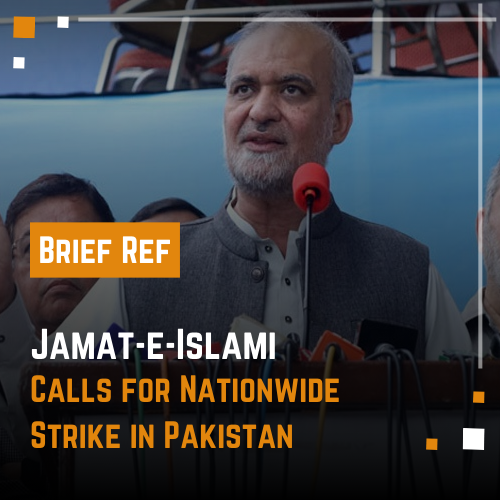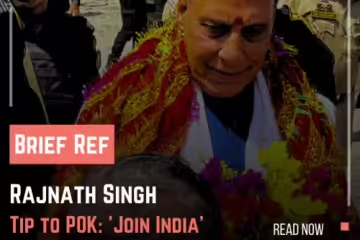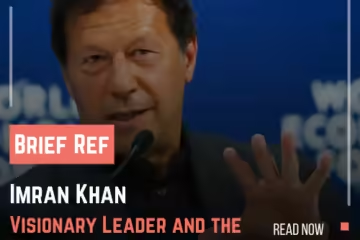
A Significant Call to Action
In recent weeks, Pakistan has witnessed a surge in political activism as Jamat-e-Islami, a prominent political and religious organization, has called for a nationwide strike in Pakistan. Led by Hafiz Naeem ur Rehman, the party’s call to action is in response to the increasing burden of taxes and soaring electricity bills that are straining the average Pakistani citizen. This strike marks a significant moment in the country’s political landscape, Brief Ref growing discontent with economic policies and their impact on everyday life.
The Catalyst: Rising Taxes and Electricity Bills
Economic Strain on Citizens
Pakistan has been grappling with economic challenges for several years, including rising inflation, fluctuating currency values, and a struggling energy sector. Recent increases in taxes and electricity tariffs have exacerbated these issues, placing a heavy financial burden on citizens. The hikes in electricity bills, in particular, have been a major point of contention. Many households and businesses are struggling to cope with the soaring costs, which are seen as unsustainable and detrimental to economic stability.
The Impact on Daily Life
For many Pakistanis, the increase in taxes and utility bills has translated into a significant reduction in disposable income. Essential services and products have become more expensive, leading to widespread frustration and economic hardship. Small businesses, already operating on thin margins, are finding it increasingly difficult to stay afloat. The economic pressure has intensified social and political unrest, prompting various groups to voice their grievances more assertively.
Jamat-e-Islami’s Response: Organizing the Strike
The Role of Jamat-e-Islami
Jamat-e-Islami, a party with a long history of advocating for socio-economic reforms and justice, has taken a bold stance against the current economic policies. Led by Hafiz Naeem ur Rehman, the party has called for a nationwide strike to protest the rising taxes and electricity bills. The organization has mobilized its supporters and allies across the country, aiming to demonstrate the scale of public dissatisfaction and exert pressure on the government to address these issues.
Hafiz Naeem ur Rehman’s Leadership
Hafiz Naeem ur Rehman, a key figure in Jamat-e-Islami, has been at the forefront of this movement. Known for his vocal criticism of government policies and his commitment to social justice, Rehman has articulated the frustrations of many Pakistanis in his speeches and public statements. Under his leadership, the party has organized rallies, public demonstrations, and media campaigns to highlight the adverse effects of the rising costs on ordinary citizens.
The Broader Context: Political and Social Implications
Government Response and Policy Reactions
The government has responded to Jamat-e-Islami’s call for a strike with a mix of defiance and attempts at dialogue. Officials argue that the tax increases and electricity tariffs are necessary measures to stabilize the economy and manage the country’s fiscal deficit. However, there is growing concern that these policies are not addressing the root causes of economic instability and are disproportionately affecting lower-income and middle-class families.
Public Reaction and Support
The strike organized by Jamat-e-Islami has received substantial support from various segments of society, including small business owners, labor unions, and ordinary citizens struggling with rising costs. The widespread participation in the strike underscores the depth of public discontent and the urgent need for policy reforms. While some critics argue that the strike might disrupt daily life and economic activities, many see it as a crucial platform for voicing collective grievances and demanding change.
Potential for Future Political Movements
Jamat-e-Islami’s strike highlights a broader trend of increased political activism in Pakistan, driven by economic frustrations and a desire for reform. The success and impact of this strike could set a precedent for future political actions and movements. As citizens continue to grapple with economic hardships, the role of political organizations in advocating for change and holding the government accountable is likely to become even more significant.
Brief Ref
The nationwide strike called by Jamat-e-Islami and led by Hafiz Naeem ur Rehman represents a critical moment in Pakistan’s ongoing struggle with economic challenges. As the country faces rising taxes and electricity bills, the public’s response through organized protests and strikes reflects a growing demand for reform and relief. The outcome of this strike will not only influence current political dynamics but also shape future debates about economic policy and social justice in Pakistan. As the nation navigates these turbulent times, the voices of its citizens and the actions of its political leaders will play a pivotal role in determining the path forward.



